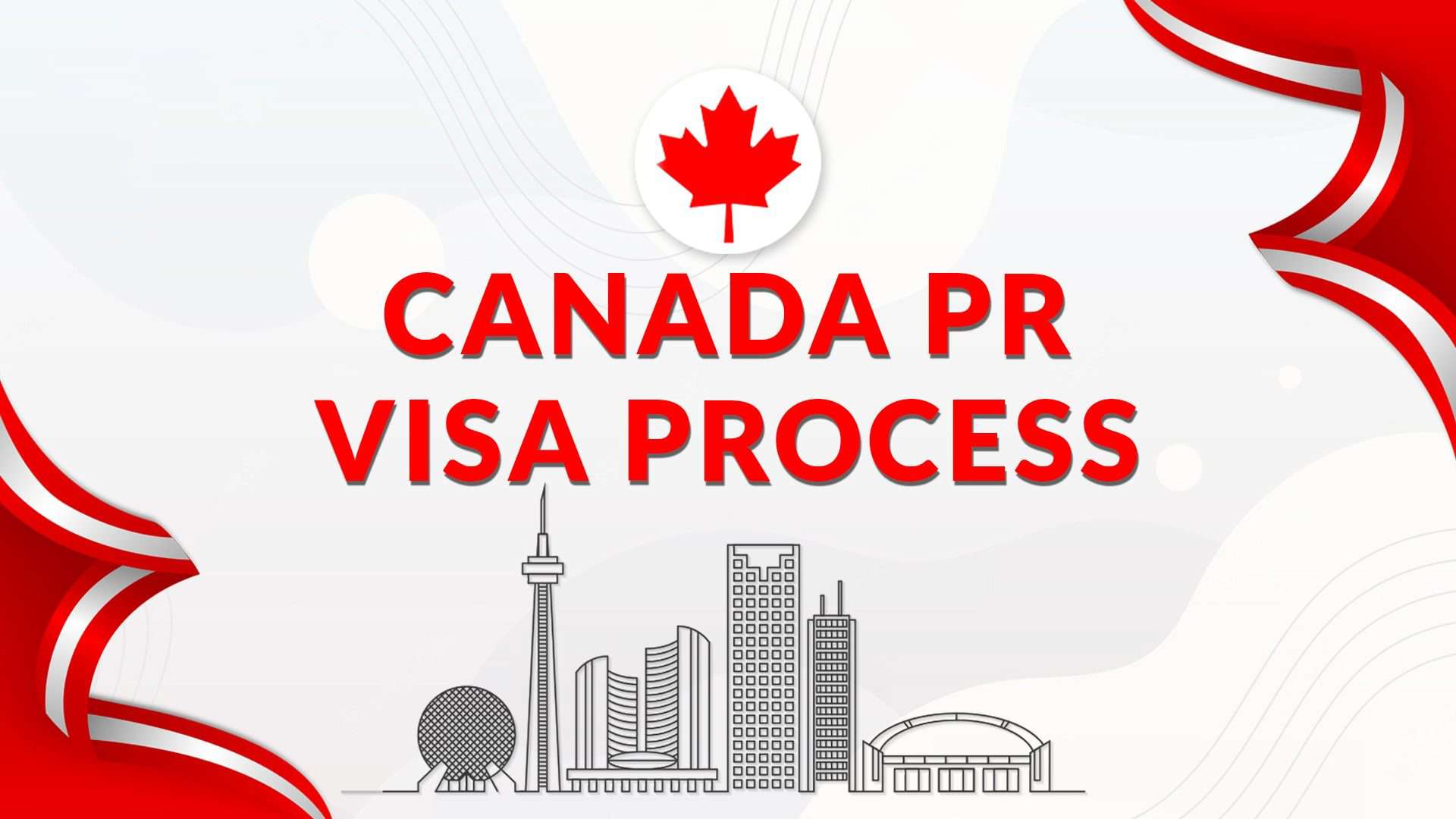Introduction
Canada, often hailed as a land of opportunity and cultural diversity, has become a prime destination for individuals seeking a new home and a better quality of life. With its strong economy, welcoming environment, and world-class healthcare and education systems, Canada has garnered immense popularity among immigrants looking for permanent residency (PR). In this blog, we will explore the various immigration pathways that pave the way to calling Canada home.
- Express Entry System
The Express Entry System is one of the most popular immigration pathways for skilled workers looking to become permanent residents of Canada. It comprises three main federal economic immigration programs: the Federal Skilled Worker Program (FSWP), the Federal Skilled Trades Program (FSTP), and the Canadian Experience Class (CEC). Eligible candidates are required to create an Express Entry profile, which is then ranked based on factors such as age, education, work experience, and language proficiency. Those with the highest Comprehensive Ranking System (CRS) scores receive Invitations to Apply (ITAs) for permanent residency during regular draws held by Immigration, Refugees and Citizenship Canada (IRCC).
- Provincial Nominee Programs (PNPs)
Canada’s provinces and territories have their own unique immigration programs known as Provincial Nominee Programs (PNPs). These programs allow provinces to select candidates who meet their specific economic and labor market needs. Applicants with the necessary skills, work experience, and education may be nominated by a province or territory and subsequently apply for permanent residency. PNPs provide an excellent opportunity for candidates who may not have high CRS scores in the Express Entry pool but possess skills in demand in specific regions of Canada.
- Family Sponsorship
For Canadian citizens or permanent residents, the Family Class sponsorship program is a way to reunite with their family members. Eligible sponsors can sponsor their spouse or common-law partner, dependent children, parents, and grandparents for permanent residency in Canada. This program emphasizes the importance of family unity and allows loved ones to live and work in Canada while taking advantage of the country’s numerous benefits.
- Canadian Experience Class (CEC)
The Canadian Experience Class is part of the Express Entry system and targets individuals who have gained skilled work experience in Canada. To be eligible, candidates must have at least one year of full-time (or equivalent part-time) skilled work experience in Canada within the last three years. Language proficiency and a positive attitude towards Canadian life are also key factors in securing an invitation to apply for permanent residency.
- Atlantic Immigration Pilot Program (AIPP)
The Atlantic Immigration Pilot Program is a collaboration between the federal government and the Atlantic provinces (Nova Scotia, New Brunswick, Prince Edward Island, and Newfoundland and Labrador). Aimed at addressing labor market challenges in the region, the AIPP targets skilled workers and international graduates. Candidates with job offers from designated employers in the Atlantic provinces can apply for permanent residency through this program.
Conclusion
Canada’s immigration pathways for permanent residency offer a range of opportunities for individuals from different backgrounds and skillsets to make their dreams of living in this welcoming and diverse country come true. Whether through the Express Entry system, Provincial Nominee Programs, family sponsorship, or other specialized streams, Canada’s immigration system is designed to attract and retain skilled individuals who contribute to the nation’s growth and prosperity.
Before embarking on the immigration journey, it is essential for applicants to research and understand the specific requirements of each program, and if needed, seek professional guidance to ensure a smooth and successful application process. With the right information and determination, the Maple Leaf Trail can lead aspiring immigrants to a new chapter of their lives in the Great White North.

